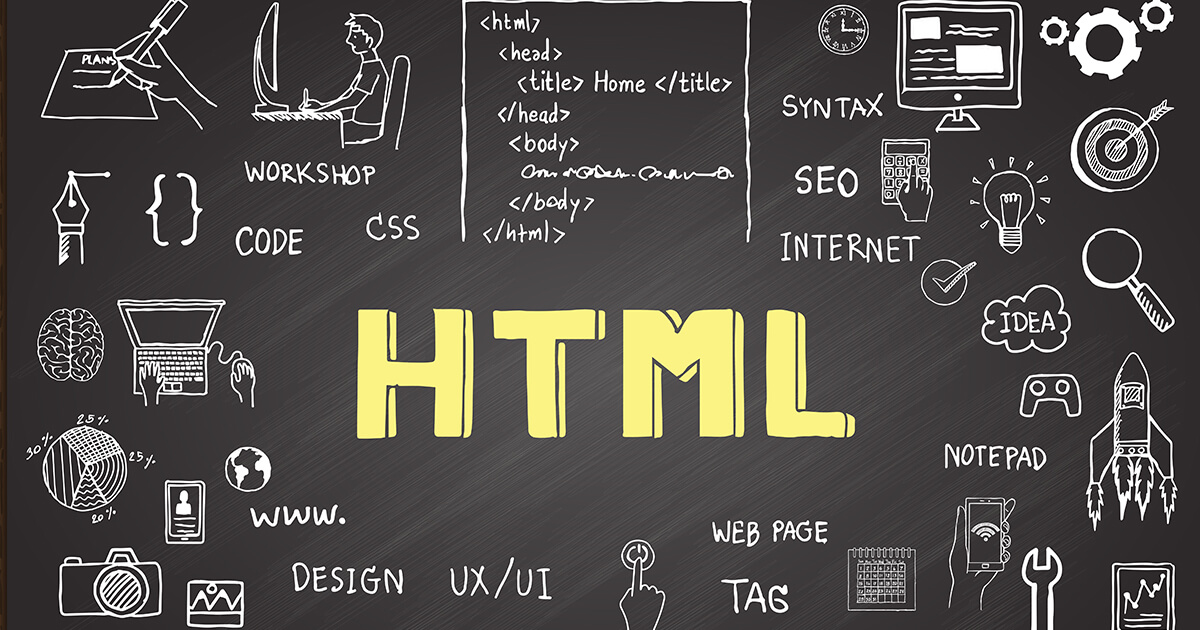
Describe the basic structure of an HTML document.
Provide a list of the most commonly used HTML tags and their purposes.
Explain the difference between inline and block-level elements in HTML.
Argue why it's important to use semantic HTML.
Compare HTML and XHTML, and discuss the advantages and disadvantages of each.
Craft an HTML page that includes a header, footer, and navigation bar.
Generate a list of best practices for writing clean and efficient HTML code.
Summarize the role of CSS in HTML and provide an example of how CSS can be used to style HTML.
Illustrate how the use of HTML5 has evolved over time and its impact on web development.
Discuss the importance of accessibility in HTML and provide some tips for making HTML pages more accessible.
Define the role of HTML in search engine optimization (SEO) and provide some tips for optimizing HTML for search engines.
Compile a list of the most common HTML errors and how to fix them.
Make an argument for the use of HTML5 over previous versions of HTML.
Propose some ways in which HTML can be used in e-commerce websites to improve the user experience.
Discuss the benefits and drawbacks of using HTML templates in web development.
Analyze the impact of responsive design on HTML and how it has changed the way we design and develop websites.
Rewrite a poorly written HTML code snippet to be more concise and efficient.
Recommend some tools and resources for debugging and troubleshooting HTML code.
Provide a step-by-step guide for creating a responsive HTML email template.
Predict the future of HTML and how it may continue to evolve alongside other web technologies.
Discuss the differences between HTML and other markup languages, such as XML and SGML.
Argue for the importance of using valid HTML and the potential consequences of using invalid HTML.
Create a table comparing the different versions of HTML, including the features and improvements of each.
Illustrate how HTML can be used to create interactive forms and provide some examples.
Expand on the concept of semantic HTML and how it can improve accessibility and search engine optimization.
Defend the use of HTML in modern web development, despite the availability of alternative technologies such as JavaScript frameworks.
List some best practices for using HTML in conjunction with other web technologies, such as CSS and JavaScript.
Narrow your focus on HTML5 and provide an overview of the new features and improvements it brings to web development.
Describe the role of HTML in creating multimedia content, such as video and audio.
Rephrase the HTML code for a basic web page to make it more readable and user-friendly.
